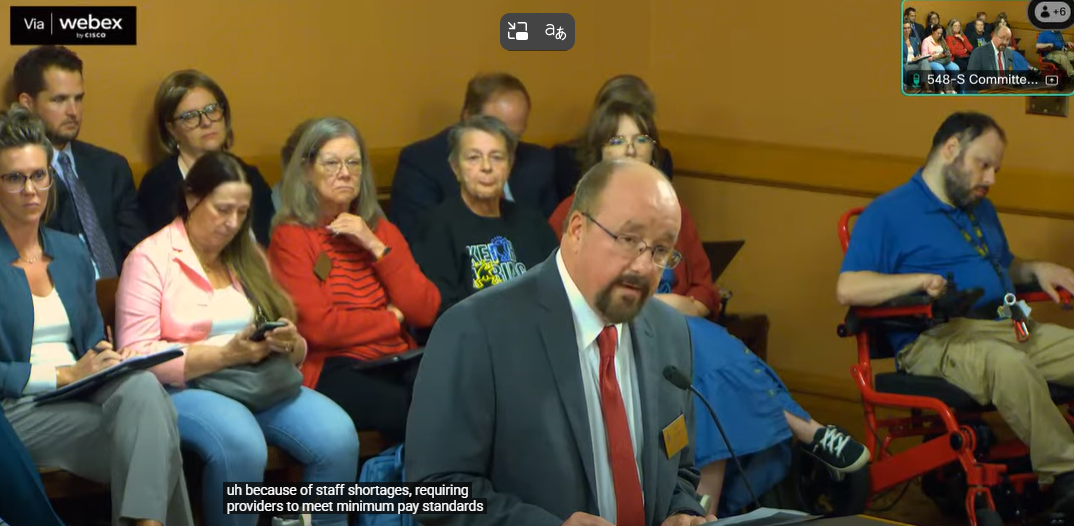Advocacy in Action (October 2024): Your Right to Vote
As we approach the 2024 general election, it’s important to ensure that you’re registered to vote and prepared to participate. In Kansas, you must be a U.S. citizen, a resident of the state, and at least 18 years old by Election Day to register. Additionally, if you’ve moved or changed your name, you’ll need to update your voter registration. You can check your voter registration online, view a sample ballot, and check your polling location.
Kansas is a “no-excuse” absentee voting state, meaning any registered voter can request a mail-in ballot without providing a reason. The deadline to register to vote or update your registration is Tuesday, October 15th. You can register in person at your local election office, at the DMV, or online if you have a valid Kansas driver’s license or ID. If you don’t have one, you can still register using the paper Kansas Voter Registration Application by mail.
For voters who prefer to vote by mail, the deadline to submit your advance voting application is October 29th, and ballots will begin being mailed on October 16th. Make sure your ballot is postmarked by November 5th (Election Day) and received by the county election office within three business days after the election.
If you vote in person, Kansas requires photographic identification. Voters 65 or older can use an expired photo ID.
For residents in long-term care facilities, absentee ballots may be an easier option than voting in-person.
When residents receive their ballots in the mail, long-term care staff must understand what they can and cannot help with when it comes to assisting residents in filling out their ballots. For example, an assistance provider should ask the voter what choice they want to make. The assistance provider must never make assumptions regarding how a person wants to vote. If the resident has a Power of Attorney (POA), that person should be contacted about helping the resident fill out their ballot. The resident has the right to decide whether they want assistance and can choose who they want to help them fill out their ballot.
The Centers for Medicare & Medicaid Services (CMS) released a recent memo affirming the regulatory expectation that ensures nursing home residents have the unimpeded ability to exercise their right to vote as a citizen of the United States. The memo hits the high points from the Nursing Home Reform Act that requires facilities honor the rights, including the right to vote, of residents.
Federal and state laws ensure that voting is accessible to everyone. If you feel your voting rights have been violated, contact the Office of the Secretary of State at 800-262-VOTE (8683).






